How Long Does Implantation Cramping Last : CRAMPS AFTER IMPLANTATION
What is implantation?
Every month a woman’s ovary releases an egg with the hope of getting it fertilized. If you have intercourse at the same time when you have ovulated, then there are high chances that a sperm will fertilize your egg and this will be the start of the development of a baby. This occurs in the fallopian tube, so by the time the zygote reaches the uterus, it will day 8 or 9 of the fertilization. Once the zygote is in the uterus, it will attach itself to the wall of the uterus, most commonly in the fundus, and this is what is called implantation, and this phenomenon happens on the day 10 of fertilization. It becomes easier to keep track of these events when you are closely observing your cycle. If you know the day of your ovulation, it will become easier to predict the day of the implantation, as well.
What are cramps?
A cramp is defined as an involuntary constriction of a muscle that is sudden and temporary and can cause pain which can be mild to severe in intensity. A period or pregnancy cramp is most commonly felt in the lower abdomen when the uterus contracts because of the stimulation of the chemical called prostaglandin released from the fat-storing cell membranes of the uterus, and also because of the hormones involved in this cycle. All of it happens as the uterus wants to expel all the contents of the menstruation as period blood through the vagina.
Period Cramp vs Pregnancy Cramps
Cramps can occur 2 days to one week before you get your period, or during your period and sometimes even after the periods have stopped. While period cramps are severe in intensity and predicable, implantation cramps, pregnancy cramps are mild in intensity and can occur on both sides of the abdomen. Also, the site of cramps is lower than the ones that occur in periods. All these characteristic cramps are normal for any woman to experience and there is nothing to worry about. You need to understand why you are going through all of this. When implantation occurs, it is a new phenomenon in the uterus, which is why your uterus and your body is trying to adapt to the new changes accordingly to allow better development of the growing embryo.
Some women might even say that they do not feel any symptom of implantation at all, but it will not mean that implantation has not occurred. Many times, the early stages of pregnancy can go unnoticed by the woman which is very common, as well.
Things can get ugly if you experience cramps which are:
- Severe in intensity
- Very frequent
- Associated with bleeding from your vagina
If these symptoms occur, then it can be very concerning and it will be best for you to speak about it with your doctor.
Click To Learn More: Signs Of Implantation – What To Expect After Implantation?
Is it normal to have cramps in early pregnancy?
Yes, it is very likely for you to experience cramps in the early stages of your pregnancy. You might even mistake your implantation cramps with your regular period cramps if you were not expecting to get pregnant, then all such symptoms may seem very vague to you.
What are the symptoms?
Every other woman experience cramp. They can range from mild to very severe in intensity, so severe that at times women have to stop doing their regular daily work and rest for the remaining day, which means cramps can very critically hinder the quality of life and interrupt daily tasks, therefore, women find it irksome to have cramps with every period or pregnancy.
These are the usual symptoms that every woman would experience at some time in their lives, but if things seem out of the ordinary, then it might be the time for you to see a doctor.
What are the other symptoms of implantation?
Experiencing cramps is not the only way of telling you might be pregnant, there are a series of symptoms involved to let you know that you are pregnant. These changes arise because of the complex change brought in by the rapid increase in the hormones after fertilization which are estrogen, progesterone and B-HCG. Other indicators of implantation include:
- Slight bleeding, many women might mistake pregnancy bleeding with period blood
- Missed period
- dizziness
- Nausea
- Vomiting
- Diarrhea
- Bloating
- Thick mucus discharge from your vagina
- Breast tenderness
- Headaches
- Mood swings
- A decrease in basal body temperature
- Fatigue
- Constipation
Although such symptoms are very ambiguous and are not used to label a woman pregnant, if a woman has been trying to conceive, then even the slightest change in her body will become very evident to her.
How to confirm my pregnancy?
If you think you have noticed some changes in your body lately and you think you might be pregnant, then the best way to confirm it is to visit your doctor and get a blood test done. The hormone HCG is released during pregnancy that will be detected in your blood and will confirm the news, and if you are not pregnant, the test will be negative for HCG hormone. And the other way to confirm pregnancy is to do a urine strip test by yourself in the comfort and privacy of your house. This method should be done in the morning when the HCG levels are the highest and at least 2 weeks after the intercourse or ovulation to avoid any false negatives.
Click To Learn More:How Can I Increase Implantation After IUI? Early Symptoms
How can I get relief from these cramps?
Cramps can interrupt the daily routine of a woman. Here are a few proven ways you can try to ease your cramps and get instant relief
- Stay hydrated. Drinking a lot of water is not only good for your complete health but also helps in reducing the symptoms of cramps and bloating. Drink at least 8 to 10 glasses of water each day to see good results. You can also try adding flavors, such as lemon, to your water to motivate you into drinking more fluids. You can try flavored mineral water, as well.
- Cut down your refined, fatty, sugary or salty food intake. All these foods can aggravate your cramps and can give more distress. Similarly, intake of alcohol and caffeine produce the same unfavorable symptoms. You need to include healthy and nutritious food in your diet that can help in reducing prostaglandins that is the main culprit behind all your symptoms. You should try adding green vegetables, good fats like omega 3 in fish like salmon, strawberries, cherries, bananas to your plate and make sure you stick to this dirt not only during your periods but also the entire year-round. You will start feeling less fatigued and fresher and more energetic, as healthy foods also tend to boost your happy hormones. You should also start taking this diet if you know you are pregnant and your growing baby needs better nutrients.
- Take a nice hot bath. A hot bath aids in the release of endorphins that will instantly make you feel better and relaxed. On the other hand, hot water will also help release the tension in your pelvic muscles.
- Use a hot pad. Again, just like a hot bath, a hot pad will help you by releasing the muscular tension in your pelvis.
- Do regular and light exercises. It is proven that women who do regular aerobic exercises have fewer cramps in comparison to women who do not exercise at all. This is because exercises tend to ease the muscles of the abnormal contractions. In addition to this, doing yoga and stretches have a similar outcome.
- You can take pain killers to subside the pain and cramps. Such over-the-counter drugs include ibuprofen or paracetamol. You can consult your doctor about these drugs if you have any serious illness concerning these drugs.
References:
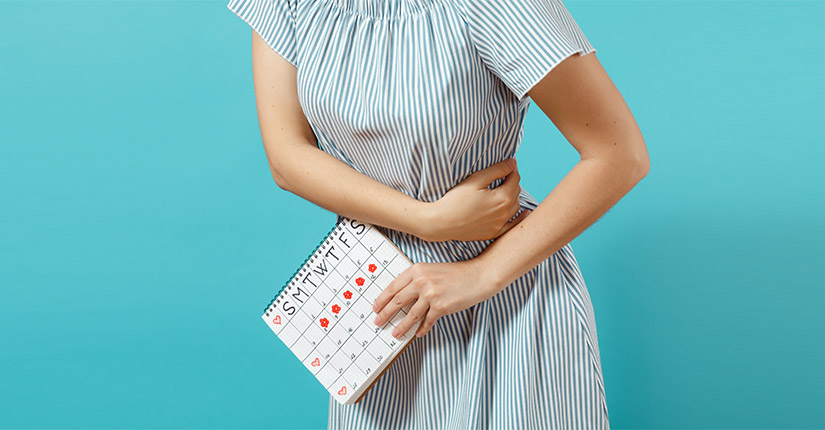
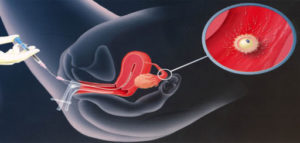
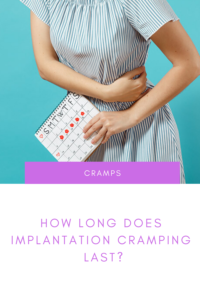
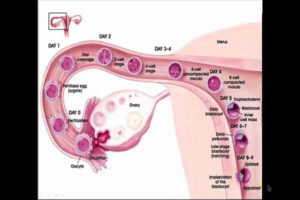

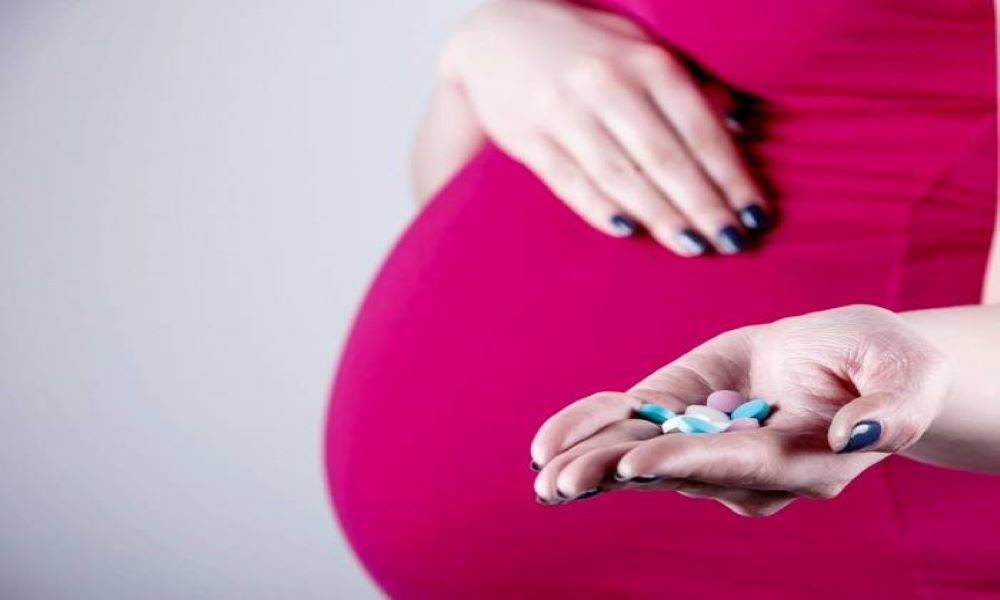

10 Replies to “How Long Does Implantation Cramping Last”